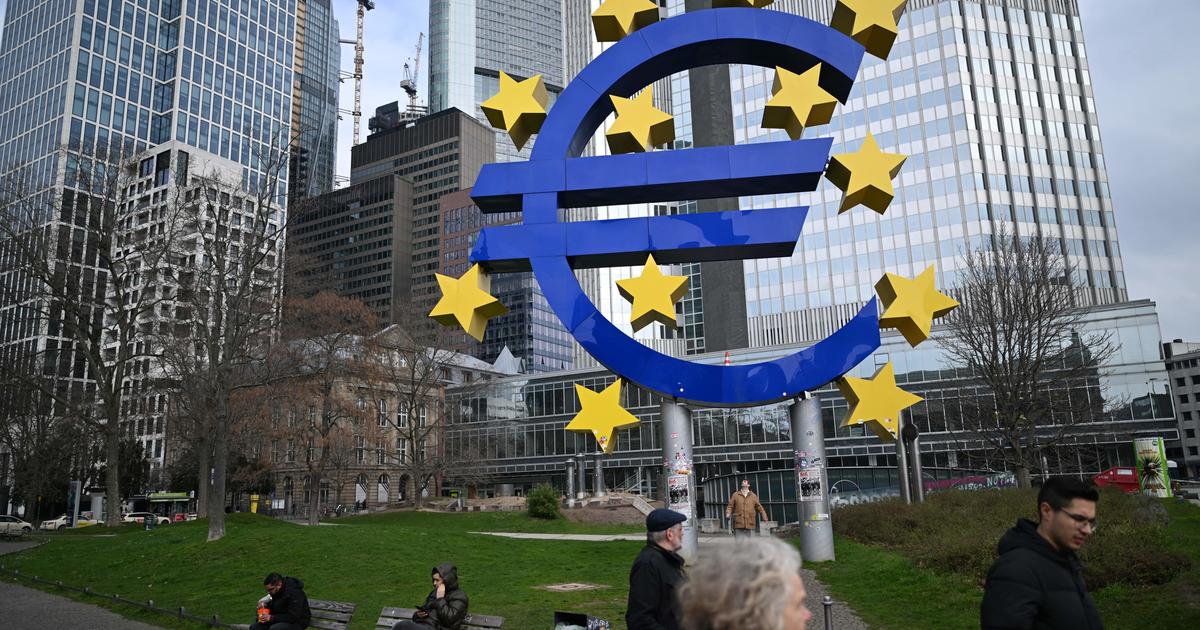The ECB also wants to accept slightly higher inflation rates in the future.
With the announcement, the monetary authorities want to create leeway.
Frankfurt / Main - The European Central Bank (ECB) wants to accept higher inflation rates in the future.
This was announced by the monetary authorities after a comprehensive strategy review on Thursday.
For the euro area one is aiming for an annual inflation rate of two percent in the future, it said.
However, at least temporarily, inflation rates will be accepted that are “moderately above the target value”.
So far, the ECB had aimed for an inflation rate "below, but close to two percent".
Economists had repeatedly criticized the formulation as being misleading.
The wording led to the interpretation that inflation rates that were too high * caused the central bank more worries than too low rates, it said.
ECB: Central bank creates room for maneuver
The central bank is now creating additional leeway.
The euro currency authorities also recommend that in future the prices for owner-occupied residential real estate should also be included in the calculation of the inflation rate, which they consider to be a key indicator for their monetary policy.
However, the ECB sees this as a longer process.
The changed inflation target is a core result of the review of the monetary policy strategy initiated by the ECB President Christine Lagarde, who has been in office since November 1, 2019.
Over the past 18 months, the focus has been on the formulation of price stability, the monetary policy instruments and communication of the central bank.
ECB: The rate of inflation has been below an important level for almost a decade
The main goal of the central bank is a balanced price level - in the jargon of the monetary authorities: price stability.
The ECB sees this most likely if prices in the euro area rise moderately.
For this reason, when the ECB was founded in June 1998, an inflation target at a distance from zero was chosen.
However, the rate of inflation in the euro area has often been well below the two percent mark since 2013. And this despite the fact that the ECB has been pumping huge sums of cheap money into the markets for years and keeping interest rates at a record low. Critics have long accused the ECB of having maneuvered itself into a dead end with its rigid inflation target and are calling for more leeway.
* Merkur.de is part of IPPEN.DIGITAL (dpa / utz)





/cloudfront-eu-central-1.images.arcpublishing.com/prisa/C3LDLHDAXBBCFCHWBPELHN64FU.jpg)









